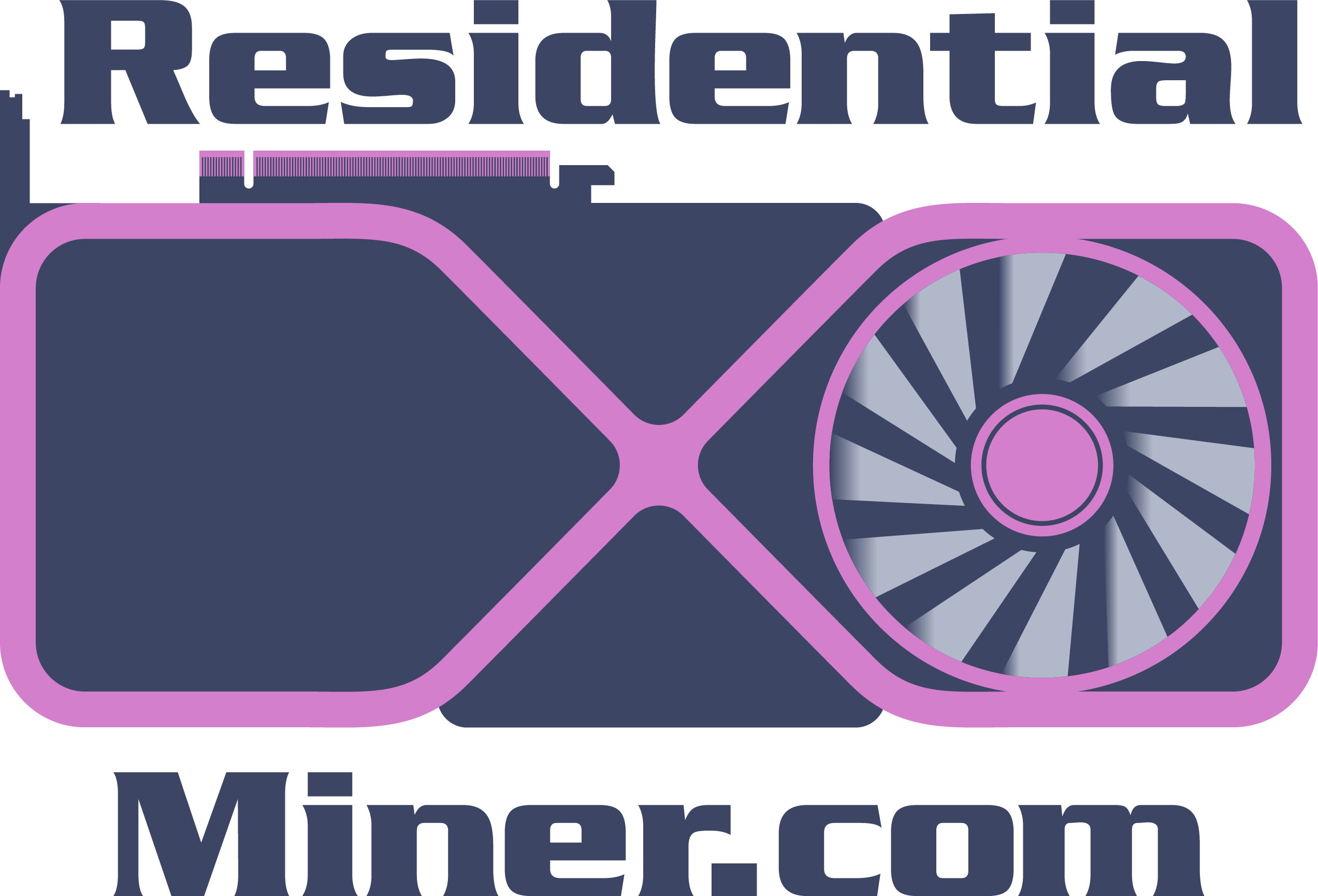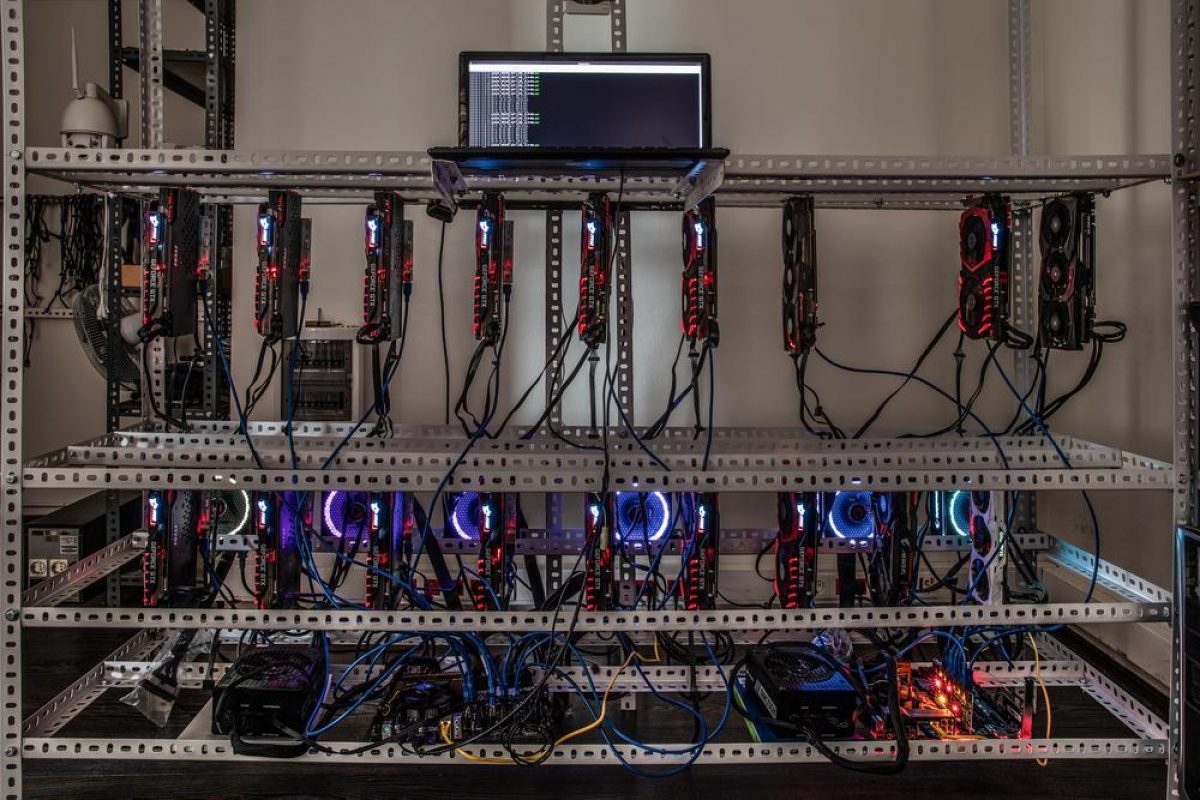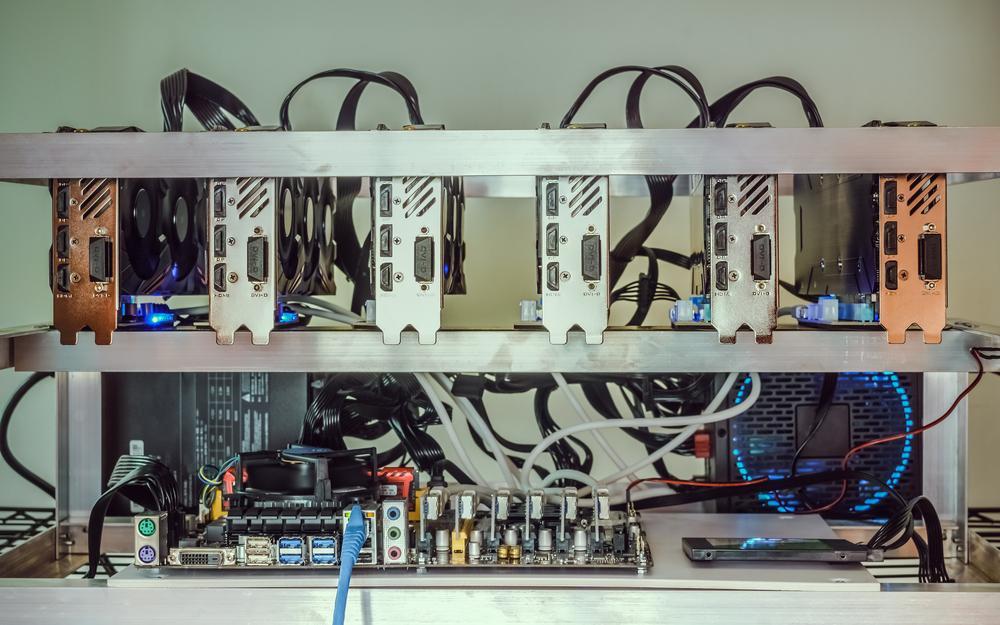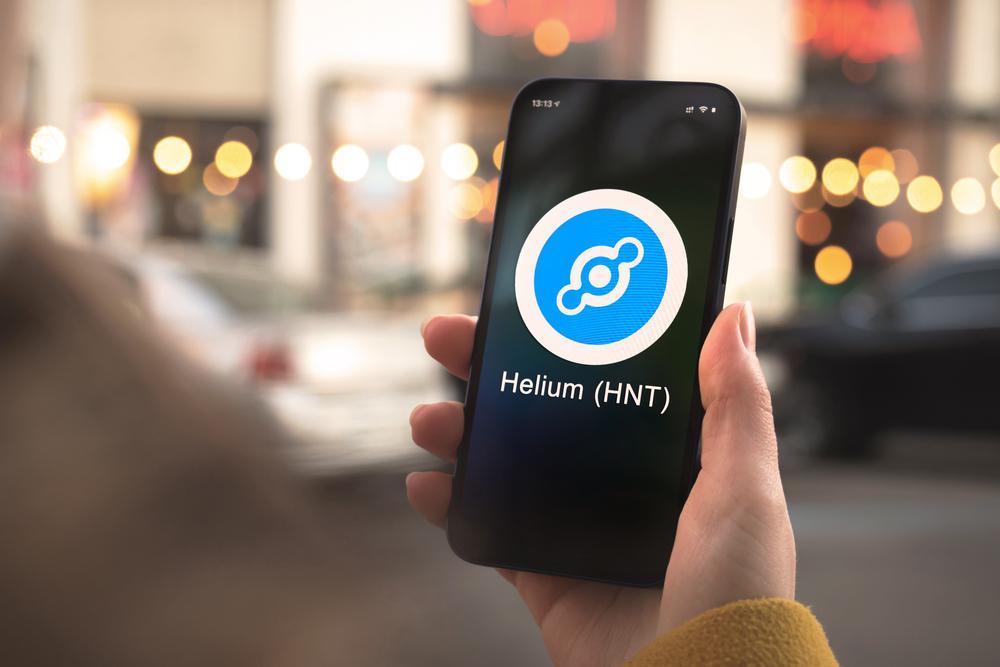Cryptocurrency mining has evolved significantly over the years, and one concept that has gained prominence is mining pools. In this article, we’ll explore how mining pools work and why they have become an integral part of the mining ecosystem.
Cryptocurrency mining, such as Bitcoin mining, involves solving complex mathematical problems to validate and record transactions on the blockchain. This process requires substantial computational power and energy consumption. As the mining difficulty has increased, individual miners face challenges in mining blocks independently. This is where mining pools come into play.
What is a Mining Pool?
A mining pool is a collaborative group of miners who combine their computational resources to increase the chances of mining a block successfully. Instead of competing against each other, pool members work together towards a common goal. By pooling their resources, miners can collectively solve the mathematical puzzles more efficiently and distribute the rewards fairly among the participants.
How Do Mining Pools Work?
Joining a mining pool involves a straightforward process. Miners connect their mining hardware to the pool’s mining server using specialized mining software. The pool server provides them with computational problems to solve, and each miner contributes their computing power to find the solution. Once a block is successfully mined by the pool, the rewards are distributed among the participants based on their contribution.
Mining pools are typically managed by a pool operator who coordinates the mining activities and ensures fair reward distribution. The operator may deduct a small fee from the mining rewards to cover operational costs and maintenance.
Two common mining protocols used by pools are Pay-per-Share (PPS) and Proportional. PPS guarantees a fixed payout for each share submitted by a miner, regardless of whether the pool successfully mines a block or not. Proportional, on the other hand, distributes rewards proportionally to the miner’s contribution to the pool’s total hash rate.
To join a mining pool, miners need to configure their mining software to connect to the pool’s server. This involves specifying the pool’s URL, port number, and providing their unique mining credentials. Once connected, the mining software works in conjunction with the pool’s infrastructure, increasing the miner’s chances of earning rewards.
Advantages of Mining Pools
Mining pools offer several advantages to individual miners, making them a popular choice in the cryptocurrency mining community. Let’s explore some of these benefits:
1. Increased Chances of Mining a Block: Mining pools combine the hash power of multiple miners, significantly increasing the collective computational resources dedicated to mining. This aggregation of resources improves the chances of successfully mining a block, especially for small-scale miners who may struggle to mine blocks independently.
2. Steady and Predictable Income: Mining pools provide a more stable income stream compared to solo mining. By participating in a pool, miners receive regular payouts based on their contribution, even if the pool doesn’t mine a block. This predictability allows miners to plan their expenses and manage their mining operations more effectively.
3. Sharing of Resources and Reducing Risks: Pooling resources in a mining pool allows miners to share the costs and risks associated with mining. Rather than investing in expensive mining equipment individually, miners can collectively invest in high-performance hardware, increasing their mining efficiency and profitability.
4. Access to Better Mining Equipment: Mining pools often have access to advanced mining equipment due to their collective resources. This enables pool members to leverage state-of-the-art hardware, such as ASIC (Application-Specific Integrated Circuit) miners, which are specifically designed for cryptocurrency mining. Access to better equipment enhances the mining efficiency and profitability of the pool participants.
5. Learning and Collaboration: Mining pools serve as communities where miners can learn from each other, share experiences, and exchange valuable mining insights. Pool members can benefit from the collective knowledge and expertise of experienced miners, improving their mining skills and staying updated with the latest mining trends and techniques.
Despite their numerous advantages, mining pools also have some drawbacks that miners should consider.
Disadvantages of Mining Pools
1. Sharing Rewards with the Pool Operator: Mining pools deduct a small fee from the rewards earned by miners. This fee covers the operational costs of running the pool, including server maintenance, electricity, and administration. While the fee is usually reasonable, it reduces the overall income earned by the miners.
2. Trust in the Pool Operator: When joining a mining pool, miners must trust the pool operator to distribute the rewards fairly and operate the pool transparently. It is essential to research and choose reputable mining pools with a proven track record and positive user reviews.
3. Centralization Concerns: The concentration of mining power in a few large mining pools raises concerns about centralization. If a single pool or a group of pools collectively control a significant portion of the network’s hash rate, it could potentially compromise the decentralized nature of cryptocurrencies. However, the cryptocurrency community continuously works towards ensuring a distributed and decentralized mining landscape.
Popular Mining Pool Platforms
Several mining pool platforms are available to cater to different cryptocurrencies and mining algorithms. Here are a few well-known mining pool platforms:
- Slush Pool: Slush Pool is one of the oldest and most respected mining pools, primarily focused on Bitcoin mining. It operates on the Pay-per-Share (PPS) reward system and offers a user-friendly interface.
- F2Pool: F2Pool is a global mining pool that supports multiple cryptocurrencies, including Bitcoin, Ethereum, Litecoin, and others. It has a large user base and offers competitive fees.
- Antpool: Antpool, operated by Bitmain, is one of the largest Bitcoin mining pools. It supports multiple payout methods and offers a range of features for both individual and institutional miners.
When choosing a mining pool platform, miners should consider the following factors:
- Pool Size and Hash Rate: A larger pool with a high hash rate indicates a more significant collective mining power, increasing the chances of successfully mining blocks. However, larger pools may also distribute rewards among more participants, resulting in slightly lower individual payouts.
- Pool Fees and Payment Methods: Different mining pools have varying fee structures. Miners should consider the pool’s fee percentage and the payment methods available. Some pools may charge higher fees but offer additional features or enhanced stability.
- Pool Reputation and Security: It’s crucial to choose a mining pool with a good reputation and a strong focus on security. Research the pool’s track record, user reviews, and security measures implemented to protect miners’ funds and personal information.
- Geographical Location and Latency: Miners should consider the geographical location of the mining pool’s servers. Selecting a pool with servers closer to their mining rigs can minimize latency issues and ensure a more stable connection.
- Additional Features: Some mining pools offer additional features such as merged mining (simultaneous mining of multiple cryptocurrencies) or advanced monitoring tools. Assess whether these features align with your mining goals and requirements.
By carefully evaluating these factors, miners can choose a suitable mining pool that aligns with their preferences and mining objectives.
Conclusion
Mining pools play a vital role in the cryptocurrency mining ecosystem, allowing individual miners to collaborate and increase their chances of mining blocks. They offer advantages such as increased block mining efficiency, predictable income, resource sharing, and access to better mining equipment. However, miners should also consider the drawbacks associated with sharing rewards with the pool operator and the potential risks of centralization.
When selecting a mining pool, factors such as pool size, fees, reputation, security measures, and additional features should be taken into account. By choosing a reputable and suitable mining pool, miners can optimize their mining efforts and maximize their profitability in the ever-evolving world of cryptocurrency mining.
Residential Cryptomining FAQ's
Can I mine alone without joining a mining pool?
Yes, it is possible to mine independently without joining a mining pool (Solo Mine). However, the chances of successfully mining a block and earning rewards are significantly lower due to the increasing mining difficulty.
How are rewards distributed in mining pools?
Rewards in mining pools are typically distributed based on each miner's contribution to the pool's computational power. The most common distribution methods are Pay-per-Share (PPS) and Proportional.
Can I switch mining pools anytime?
Yes, miners have the flexibility to switch mining pools whenever they choose. However, it's important to consider factors such as pool reputation, fees, and the impact of switching on mining efficiency.
Are mining pools only for cryptocurrencies?
Mining pools are primarily associated with cryptocurrency mining. However, similar principles can be applied to other types of proof-of-work-based blockchain networks.
What happens if a mining pool shuts down?
In the unfortunate event that a mining pool shuts down, miners may lose access to their pending rewards. It's important to withdraw earned rewards regularly and choose reputable mining pools with a proven track record of stability and reliability.
















3 Comments